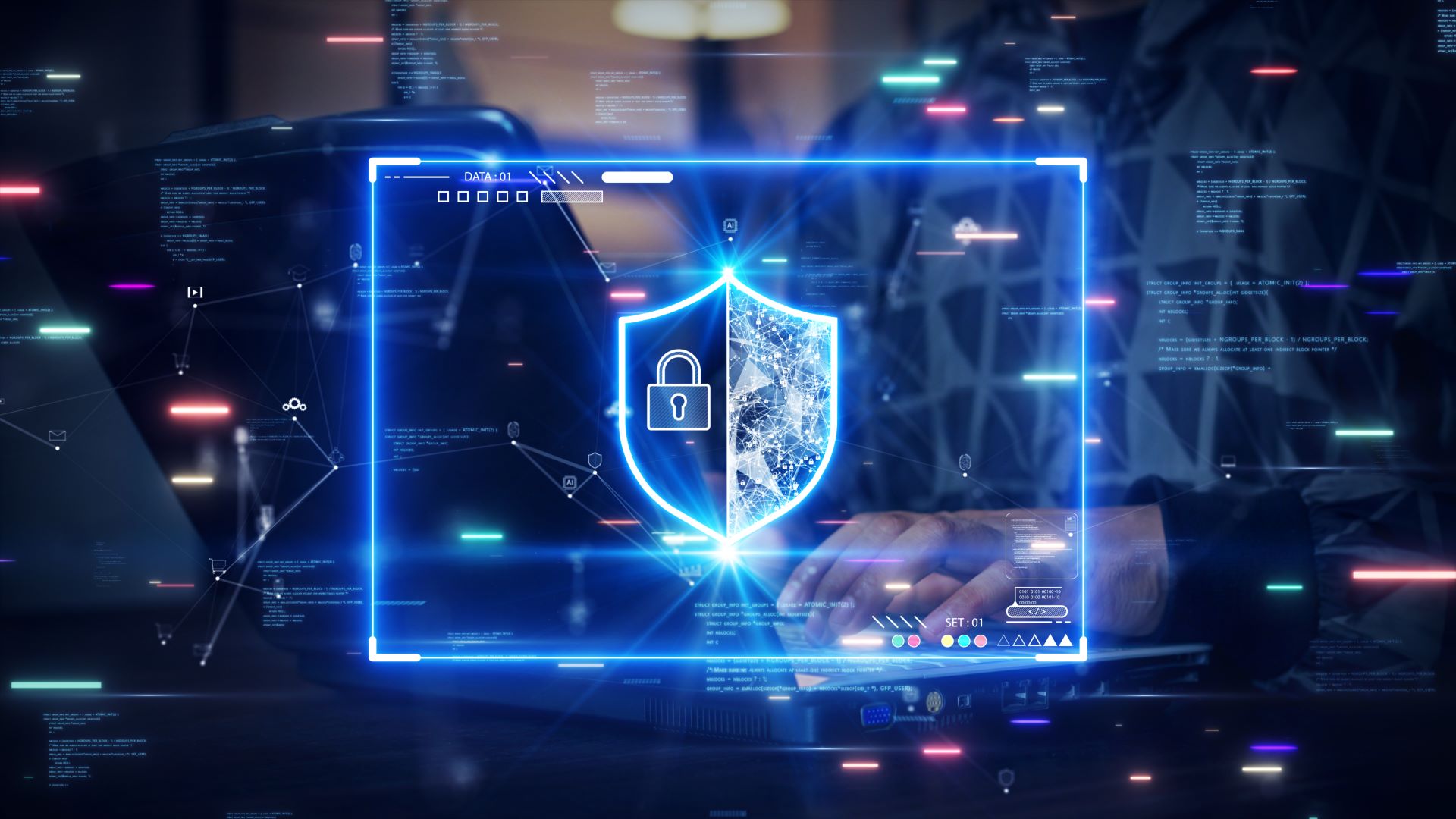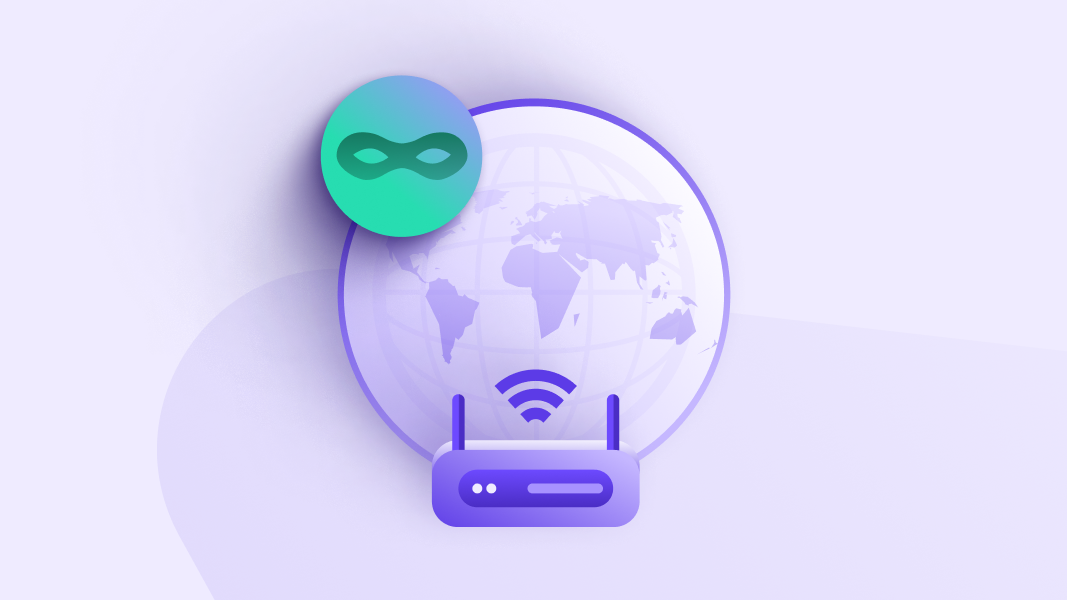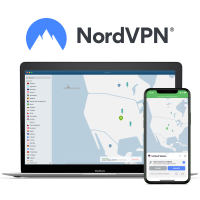Should I use a VPN if I have nothing to hide?
Squeaky clean? You still need a VPN.

When it comes to all things VPN, people can often think that they're merely a tool for hackers, criminals and those with more questionable hobbies, but that couldn't be further from the truth. They're perfectly legal (in the US and most other countries) and perform a very important function.
People argue that if you have nothing to hide, then there's no need to use a VPN, but that's not how the world works. Perfectly innocent people still have curtains on their windows, and even Ned Flanders himself could do with one of the best VPNs. Here's why.
Stay safe on public Wi-Fi

Millions of people these days are chronically online, but even if you literally just log in, check your emails and log off, you could still benefit from a VPN. Public Wi-Fi networks can pose a serious security risk, with hackers setting up fraudulent networks to con users out of important information. Luckily, by scrambling your IP address with a VPN and encrypting your data, that's far less likely to happen.
Leading VPNs like NordVPN are becoming genuine alternatives to antivirus software, too. Nord has recently released its Threat Protection Pro system, which is an impressive tool available for those on its "Plus" and "Ultimate" plans. Working whether you have your VPN enabled or not, Threat Protection Pro thoroughly vets every site on the internet you visit. It uses a proxy to check for suspicious links and URLs automatically and scans any downloads for signs of malware. Safety first.
Avoid targeted advertising
While a VPN won't stop you from seeing ads, it can stop you from being subjected to the torture that is targeted ads. There's nothing creepier than talking about shoes with a friend on Instagram, for example, and then only seeing ads for new shoes. There's a reason for it too. If you're harassed enough it can be easy to give in and end up buying something you don't really want. We've all done it.
That's not the case with a VPN. With your location changed and your browsing activity encrypted, you can drastically reduce the amount of information that's available to be collected about you that can be shared with advertisers. It won't stop it all, but it can make a huge difference.
What's more, lots of VPNs like NordVPN. Surfshark, and ExpressVPN do actually offer ad blockers – so depending on which provider you use, you may be able to go full scorched-Earth and remove advertisements altogether.
Evade censorship
Evade censorship

One of the most important functions of VPNs is for those who live in areas with restricted access to the internet. Countries such as Turkey, Iran, Russia and China all block parts of the web, but a VPN is an effective way to skirt around them.
Whether you're on vacation and want to watch your regular Max or Hulu programming outside of the US, or you're a local trying to contact family living abroad, a VPN is a must-have. VPNs are a key tool when it comes to freedom of information, and providers like Proton VPN often setup free VPN services when there are major elections to help users find the truth about major issues.
Our VPN recommendations
While there are plenty of reputable VPN providers out there, we consider NordVPN to be top of the pile. We've already namechecked its Threat Protection Pro service, but it's an all-round effective service that delivers great privacy features, excellent speeds, and great streaming performance. Prices start from $3.39 per month, and you'll also get a 30-day money-back guarantee.
Andy is a freelance writer with a passion for streaming and VPNs. Based in the U.K., he originally cut his teeth at Tom's Guide as a Trainee Writer before moving to cover all things tech and streaming at T3. Outside of work, his passions are movies, football (soccer) and Formula 1. He is also something of an amateur screenwriter having studied creative writing at university.

